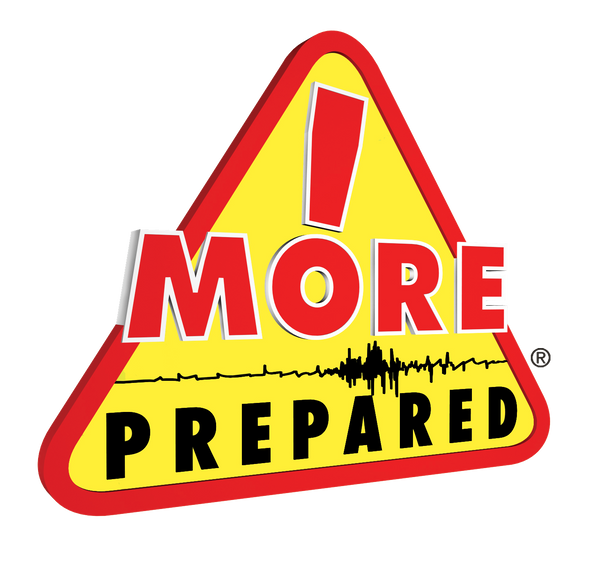Preparing for Search & Rescue
Being prepared for any emergency demands knowing what to do in a variety of difficult situations. Specific Search & Rescue (SAR) teams have different training requirements, but here are some basic skills and training you will likely need to become search and rescue certified.
Essential SAR Skills and Training
- First aid and CPR training
- You may already have this; many people (such as teachers) are required to have it for their jobs. The Red Cross, among other organizations, offers brief training courses and certification in these skills.
- Basic search and response training
- SAR TECH training (this comes in three different levels of certification)
- Land navigation skills, such as using different types of maps, a compass and GPS
- Hazardous materials (HazMat) training
- You'll need this to deal with oil spills, chemical leaks, certain biohazards and more
- Emergency Response to Terrorism (or some other form of terrorism response training)
- This training was developed by the National Fire Academy for local law enforcement and fire response teams. You may earn certification in these skills.
- Federal Community Emergency Response Team training
- CERT training provides certification from the Federal Emergency Management Association (FEMA) and helps local personnel respond to crises before federal personnel arrive
- Tracking skills
- National Incident Management System training for First Responders
Specialized SAR Training for Specific Environments
Certain environments — water, air, mountains, extreme cold and heat — demand additional training. You'll have to be a good swimmer to participate in water SAR efforts, and you might want to have lifeguard training. You'll need to know how to work safely on a boat for SAR efforts that involve boating. Mountaineering and wilderness safety training are also important. And searching through the rubble of a collapsed building involves an entirely separate set of skills.
Additional Search and Rescue Training Considerations
Finally, some SAR personnel seek training in counseling and stress management so that they can deal better with the families of missing persons and emergency victims. You might also want training in educational techniques if you will be assisting in your SAR team's outreach and preparation efforts.
Urban Search and Rescue (USAR)
Urban search and rescue requirements involve the location, rescue (extrication), and initial medical stabilization of individuals trapped in confined spaces. Structural collapse is most often the cause for people being trapped, but individuals may also be trapped in transportation accidents, mines, and collapsed trenches.
Urban search and rescue is considered a "multi-hazard" discipline, as it may be needed for a variety of emergencies or disasters, including earthquakes, hurricanes, typhoons, storms, tornadoes, floods, dam failures, technological accidents, terrorist activities, and hazardous materials releases. The events may be slow in developing, as in the case of hurricanes, or sudden, as in the case of earthquakes.
How to Be More Prepared
We offer search and rescue kits that provide the necessary tools and protective gear to perform basic search and rescue operations after an earthquake, tornado or other emergency or disaster.
